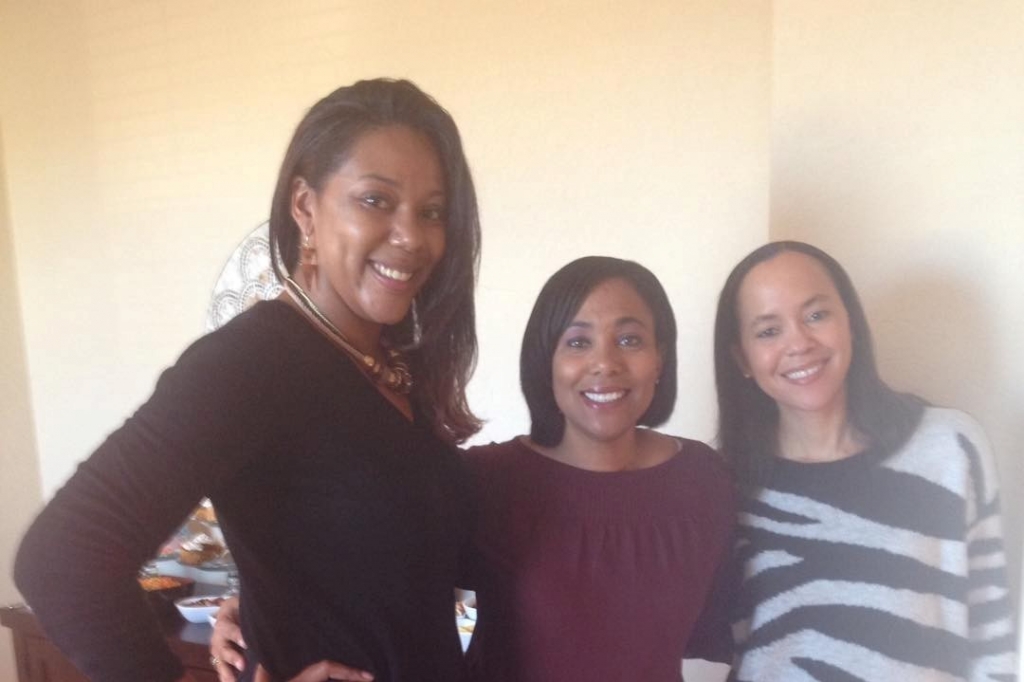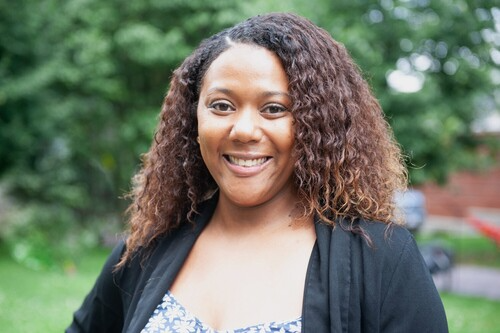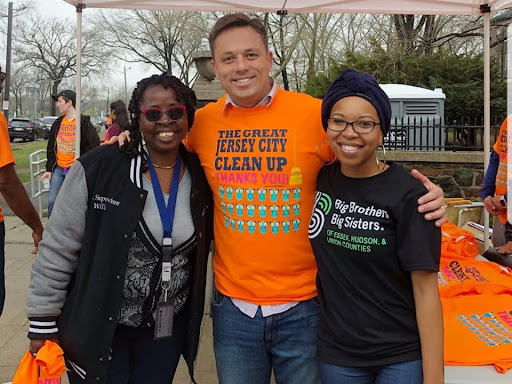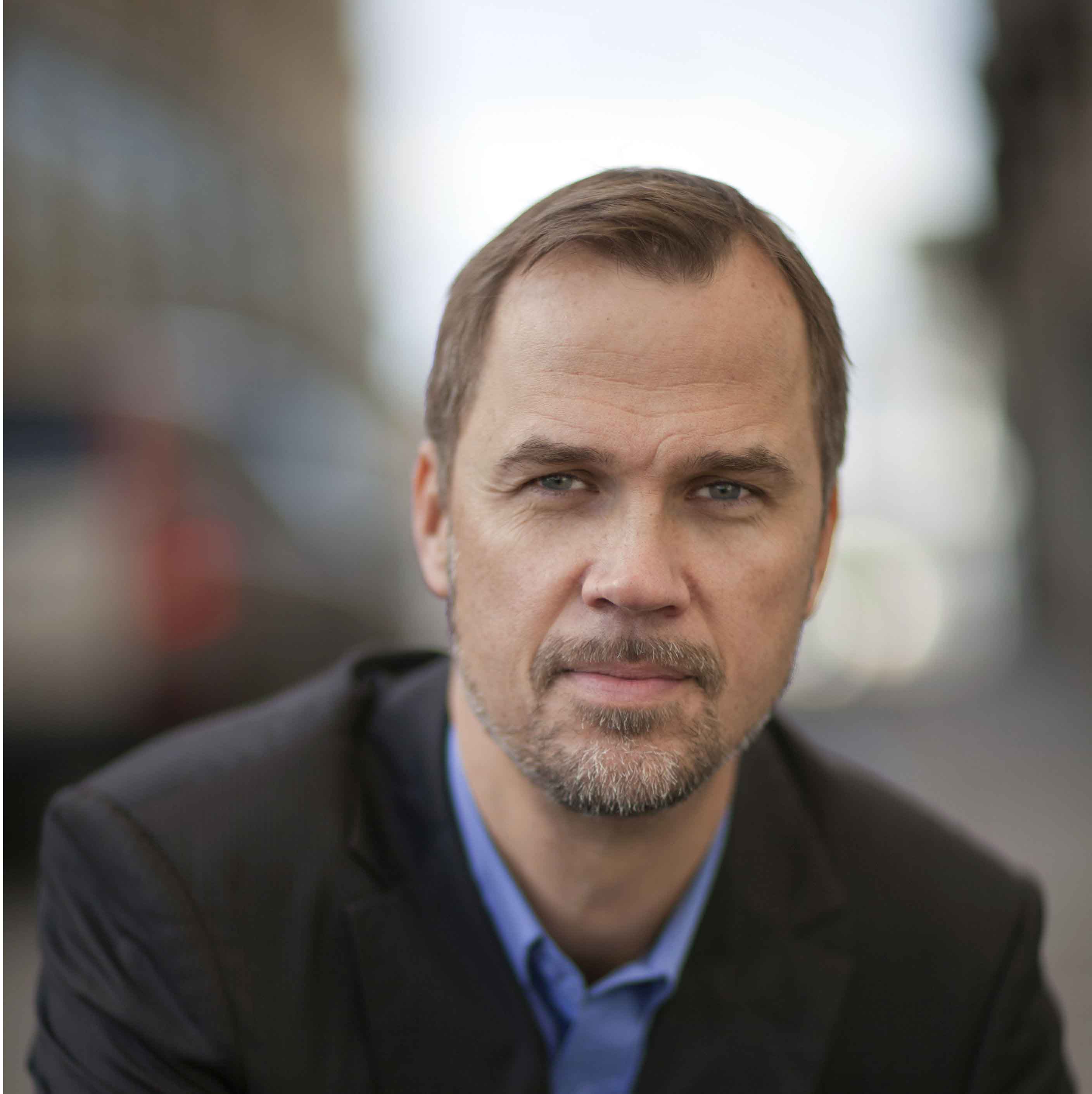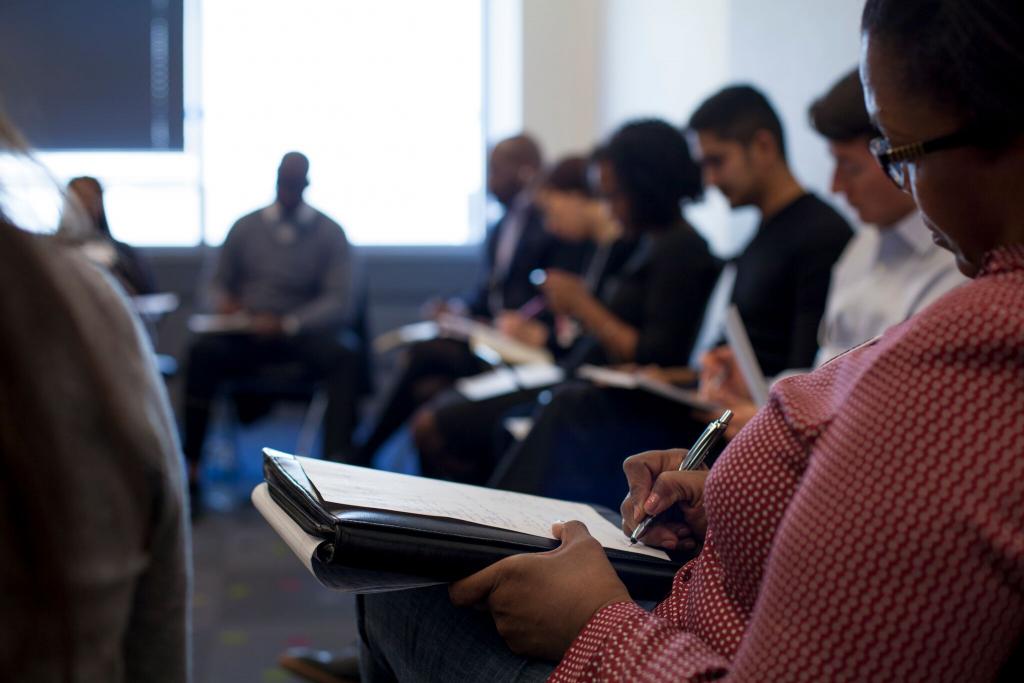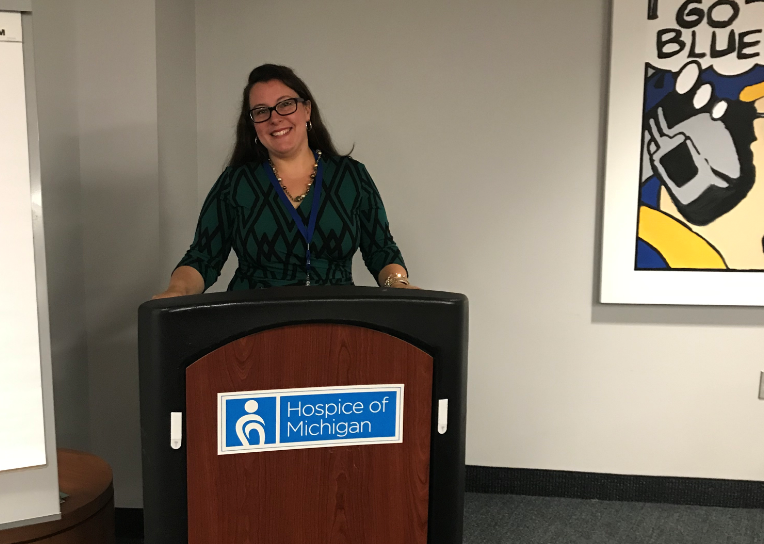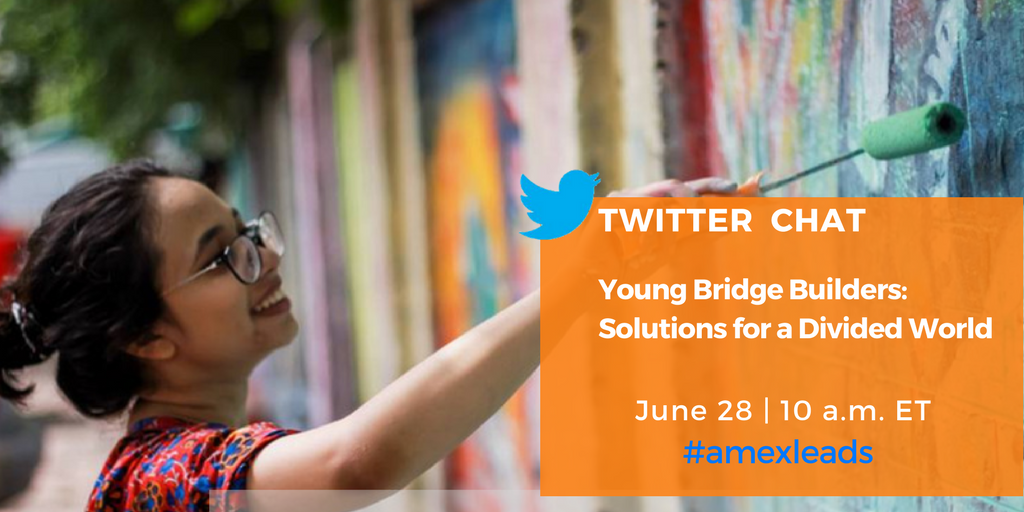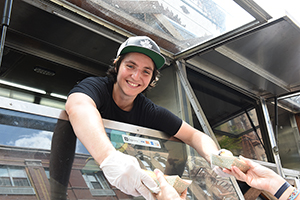
Jordyn Lexton is the Founder of Drive Change, a New York City-based food truck with a social change mission. Drive Change utilizes the food truck industry to run a yearlong paid Fellowship for 18- to 25-year-olds coming out of the criminal justice system. These Fellows get work experience, skills training and connection to educational opportunities and mentoring. (New York is one of only two states—North Carolina being the other—where young people are considered adults in the justice system when they turn 16, no matter how minor the offense.)
An alum of the 2015 Ashoka Emerging Innovators Boot Camp, Jordyn was named one of Forbes 30 under 30 social entrepreneurs in 2016.
Q. What made you want to go into the social purpose sector?
Until I was doing it, I didn’t know what social entrepreneurship was. My pathway here came out of human connection—working with young people I saw a need, and knew we had to think bigger about how to address it. I was a teacher on Riker’s Island for three years, where I worked with adolescent men who were 16- and 17-years-old. Working with young men in the adult system, I witnessed the detrimental effects of the system on young people and the disproportionate effect of the system on poor, young people of color.
I kept seeing concrete post-release roadblocks—employment, school and housing, because of having a record. I saw so many young people come out of the system thinking about their future only to find themselves facing “Do Not Enter” signs and dead ends. It creates internal barriers in addition to the external ones.
After talking to my students about their challenges to employment, the idea for a food truck—a business that could act as a place of employment and continued education—was born. We wanted to test the way industry could foster skills and growth using a Fellowship model. At the same time, by nature of being mobile, the business could raise awareness of some of the injustices in the criminal justice system.
Q. Can you share one or two of the biggest or most frequent challenges you've faced as a leader? How have you overcome them?
Before we launched the truck in April 2014, I spent two years working in both the food truck industry and the reentry industry to build networks, gain experience and gain momentum.
Then, we started Drive Change with a pilot class of eight young men. In the beginning stages, we had no real sense of the capital needed to start and truly sustain a project. I was so excited, we all were, to dive into the deep water and learn by doing. We got into tight cash-flow situations and spent too much time working in a reactive way to the financial needs.
In retrospect, I still think that was the right approach. Sometimes you just have to try stuff. But now, we think about our sustainable growth as a company and we plan for it. We think both about what we’re doing tomorrow and how to be in a position that allows us to think creatively a year from now.
Drive Change is both a nonprofit and a food business at the same time, and I find that intersection fascinating. Part of the role of social enterprise organizations like ours is trying to reconstruct the narrative, to help social start-ups that are not going to be venture capital-sponsored learn how to speak the language of investment and understand longer-term sustainability. We need to know how to make the case that you can finance something that has a social return in the same way that you might finance something that doesn’t have a social focus.
I’m new to business, and being new to management has its own challenges. All of the work is happening, plus decisions need to be made. It’s a balance between the speed by which things happen in the early stages and then the learning that needs to happen simultaneously. I’m learning how to be in a position of authority and reconcile that with my personal egalitarian ethos.
Q. How did your involvement in Ashoka's American Express Emerging Innovators Boot Camp help you manage this new role as social enterprise leader?
I came to the Boot Camp knowing it would help me build new skills, which it did. But it also helped me find a network of like-minded people. I knew that if Amex and Ashoka were coming together to build teams, the people would be pretty remarkable, and they are. I’m still in touch with many of my fellow alum personally and professionally.
One of the greatest takeaways for me is how intentional the Boot Camp is. It is so well-curated. It’s a period of time where we’re out of our work-life, and it is designed with intentionality that made it very effective. It helped me think about how we structure our own Fellowship model so we are able to create cohesion among the group, and be clear about the goals and learning during the year.
It also helped me get to a place where I realize that structure, boundaries and systems are really necessary for Drive Change to be able to thrive, even when it may be counter to my personality in some ways.
Q. What’s your greatest piece of leadership advice for your social sector peers across the world?
My biggest piece of advice is: stay true to your why. This is hard work and emotional work and if you don’t have that guiding vision underneath it, it will be hard to sustain.
The other thing for me is relationship-building. You cannot do everything alone, it is about the community support that’s around you, pushing the work forward but helping to take care of the people who are doing this great work.
Q. Can you share a “failing forward” moment that in retrospect led to growth or learning?
In the early stages, we were pretty eager to say yes to a lot of stuff. Like many, we had this idea that if you say no, you don’t jump into every possible opportunity that somehow they will all dry up – until I realized that we were overstretching and I was putting pressure on my team that was unnecessary. That was a big learning moment.
In a very concrete way, we learned that not all help is the right help. When you’re paying for a service, there’s an understood element of accountability that unfortunately doesn’t always translate when the service doesn’t have financial element. A concrete example: in the beginning stages, we were offered a pro bono lawyer. It was quickly clear that this firm didn’t really get our mission fully and didn’t put it on the front burner. Being new, I was unsure of what my level of authority with them so stuff got dropped and some poor decisions were made. I shared my story at the Center for Social Innovation and a social enterprise lawyer from the firm Orrick heard it and connected me to their program where they pay a fellow to work full time on social enterprise clients.
From that experience, I also learned the value of being transparent about some of the things that have not worked out well, of relinquishing that information to others.
Q. What impact or success are you most proud of?
Watching the fellows we’ve worked with go on to their next steps. We’ve had people who were living in their grandmother’s home with eight other people move into their own apartment for first time.
If you ask the Drive Change Fellows, I bet many would say the moment of interaction with the customer at the truck. There is an element of engagement for people on both sides of the truck.
I’ve heard Fellows express excitement about connecting with the customer around food and the social mission—a group of people whom, in the past, they may not have felt comfortable engaging with. On the flip side, having a positive experience can open the eyes of customers who may have preconceived notions about young men involved in the system. Pushing the food business as a social change agent has been a high.
In a very tangible way, winning the 2015 Vendy award for Best Food Truck in New York was incredible and honored the blood, sweat and tears that goes into the work we do and team we’ve built. I’m an athlete and it was very much the same feeling as training hard for a season and then having a knockout final game because team is in place and in sync.
In 3 Words | Three specific abilities, skills or mindsets that you think every 21st century nonprofit leader needs:
You have to be receptive to the idea that you don’t know what you don’t know, you have to come to the table with your learner cap on.
Language matters. You have to be explicit, careful and willing to redefine traditional language. You as a leader are framing the work you do for the minds of people who are receiving the work. It has the power to help shape the way people think about the population of folks that are part of the work, and about the quality of the work itself. For example: we intentionally describe our work as a Fellowship, we don’t use the word program. When we talk about our metrics we understand the information funders and others need, but we also include different metrics: the number of times people wake up excited to go to work or come home proud to tuck their children into bed.
You have to be willing to be open and invest your time with others, and at the same time know your boundaries in order to do your work efficiently. Allow others on the team to have ownership over some responsibilities.
|
Q: What my resume doesn’t tell you… I identify as gender queer; I don’t associate totally with female pronouns. That’s a huge aspect and element of my life, and I’m working on communicating more openly. Now that we have had some recognition and I am being written about, I am learning to say, “I would prefer you use my name as my pronoun.” Again, language is so important. |
Every two weeks, LeaderNotes brings you insights, commentary and Q&As with emerging leaders and boundary-pushers. To suggest content for the blog, please contact caitlin@sparkaction.org.


